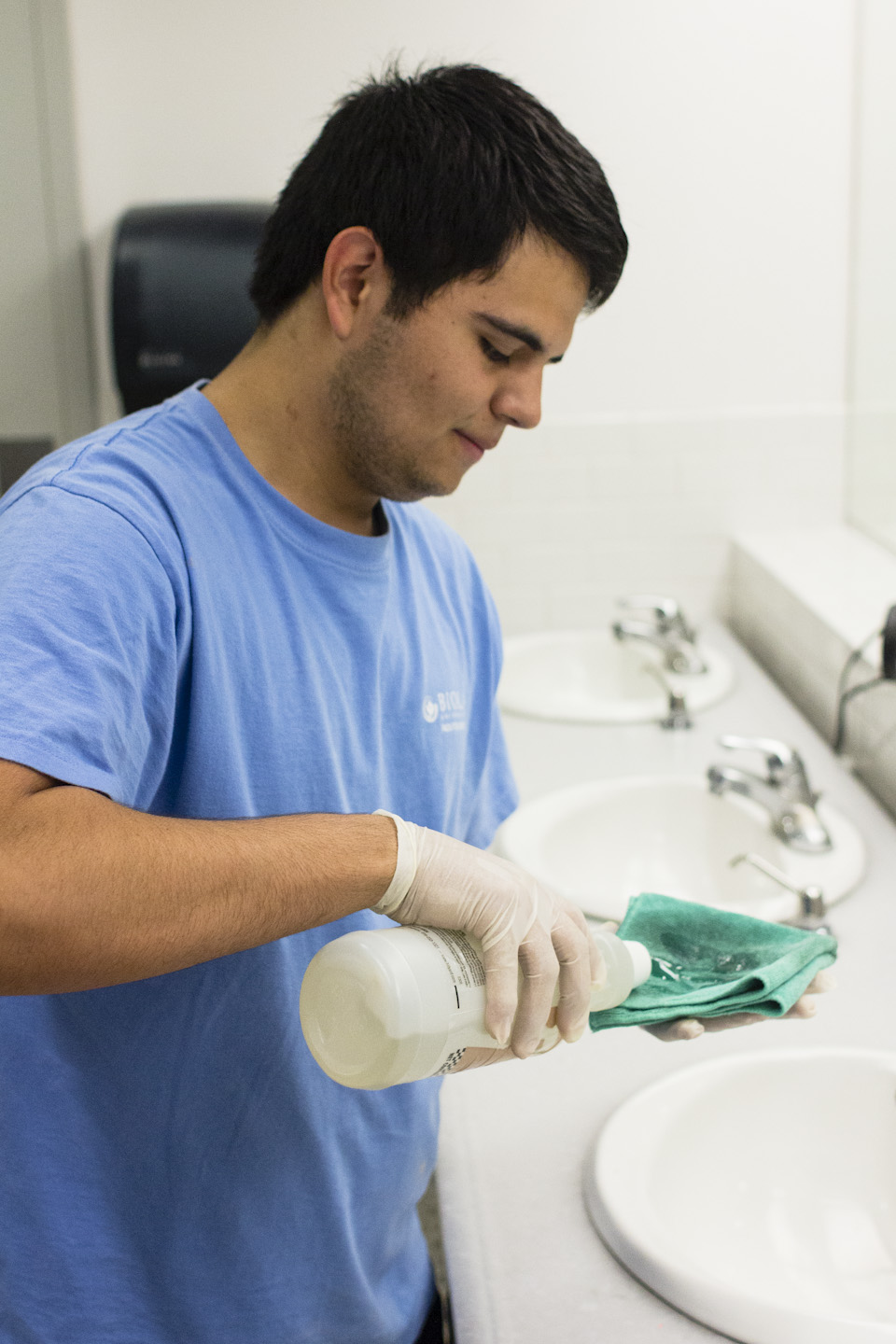President Barack Obama’s Affordable Care Act includes an employer mandate to provide health insurance to those working at least 30 hours a week, a provision that may force Biola to hire more students and cut individual employee hours.
“It won’t affect anything this summer. Anything we implement won’t start until fall semester,” said human resources director Ron Mooradian.
Previously, workers employed between one and 34 hours a week were considered part-time, according to the Bureau of Labor and Statistics.
FULL-TIME AVERAGE NOW 30 HOURS PER WEEK
Now, a full-time employee is redefined to mean an employee who works “on average at least 30 hours of service per week,” according to the bill’s section 1513, “Shared responsibility of employers.”
The bill requires businesses with at least 50 full-time employees to pay $3,000 per worker in health care coverage. Violating the law yields a penalty of $2,000 for each uninsured employee.
“It’s not that less people will be able to work, but they may be able to work less hours,” Mooradian explained. For instance, Biola may choose to hire two people to work 16 hours each instead of one person working 32 hours to avoid the health insurance requirement.
ACT WILL AFFECT STUDENTS WITH JOBS ON CAMPUS
The 30-hour-per-week cap will also affect students working multiple jobs on campus, according to Mooradian. Consequently, an hour worked at any position, in any department at Biola counts toward the 30-hour requirement.
There are 1,290 student workers on campus and 2,067 jobs currently held by students, according to Mooradian. This is a ratio of about 1.6 jobs per student worker, revealing that many work several on-campus jobs.
Erin Berlin-Burns, a sophomore intercultural studies major, is one of those students working two jobs at Biola. She works at the Library and as a gate attendant for Campus Safety, totaling about 20 hours each week.
“We do have several students now that work more than 30 [hours] just for us,” said Library circulation supervisor April Ray. Most of the approximately 40 student workers under her supervision work 15 to 20 hours a week.
Ray anticipates that the Library, employing roughly 70 students overall, will have to cut back on employee hours.
“We will try to find a balance between giving students that are already hired what they need; so getting them basically as close to the 30 line as we can because we do know that there are some who need to pay for housing, who need to pay to live down here,” Ray said.
BUSINESSES TRY TO AVOID ISSUE
Most businesses will skirt the issue as much as possible by working employees to just under the 30-hour limit, according to assistant professor of political science Scott Waller.
The requirement will force supervisors, like Ray, to keep track of the number of hours a student is working throughout the university.
“Workflow would be different: It would definitely be more of a challenge to have to monitor not only what they are doing for us but what they are doing for other departments as well,” Ray said.
Mooradian stressed that no decisions to alter employment policy have yet been made, and the university will decide in the ensuing months how to proceed with the new law’s requirements. The 30-hour provision is expected to apply to Biola’s employees on April 1, 2014.
“They’re still defining things, which makes it hard to make decisions. Two or three major implications of the law weren’t announced until a month or two ago. And there’s still more information we’re waiting for,” Mooradian said.
Last fall, Biola entered a federal lawsuit to protest a different regulation within Obamacare, which required businesses to include abortion inducing drugs within their employee health care packages. The university charged the federal government for violating its religious liberties; the outcome of the suit is still undecided.







